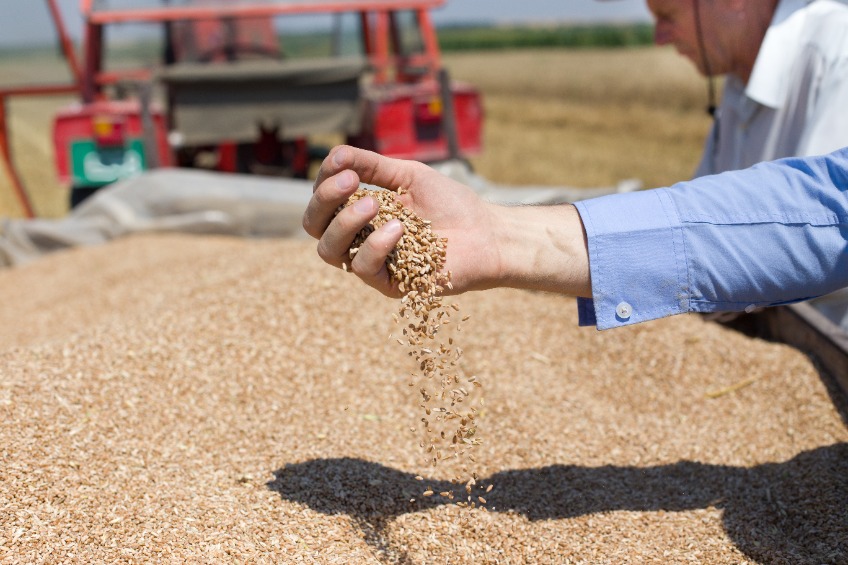
A consultation with the industry over the possible introduction of a digital passport for combinable crops will take place in the autumn.
Digitising paper passports to improve food and feed safety data communication, through supply chains, has been discussed for more than a decade.
Over the last year a simplified version of previous proposals has been developed by AHDB's Digital Grain Passport Leadership Group, which will now be consulted on.
As part of this group, representatives from the cereals and oilseeds chain, including farmers, have been working together to create a business case.
This sets out how a digital passport system could operate, replicating the purpose of the existing paper passport.
A spokesperson for the Leadership Group said: "The electronic documentation will, as now, be initiated by farmers with input from hauliers before onward transmission to receivers.
"There will be live updates of assurance status prior to the vehicle leaving farms, avoiding the risk of delay or rejection at the receiver’s site."
The system will be built with sufficient resilience and back-ups to avoid any undue downtime or faults, the group said.
The system will enable a multi-directional flow of data between farmers, grain merchants and end users such as millers, maltsters and feed mills.
The group's spokesperson added: "This includes a commitment to the real-time return of information to those involved in the contractual chain.
"All involved are very much aware of the need to ensure ease of use, as well as minimise costs and maximise accessibility."
The business case will be published in early October detailing the purpose, benefits and costs of the digital passport.
It will also consider how data will be governed, how real-time information will flow and to who, how data will be secured, as well as ownership and funding.
If the majority confirm the proposal is supported, the Leadership Group said it would approach the AHDB Cereals and Oilseeds Sector Council to discuss funding options.
